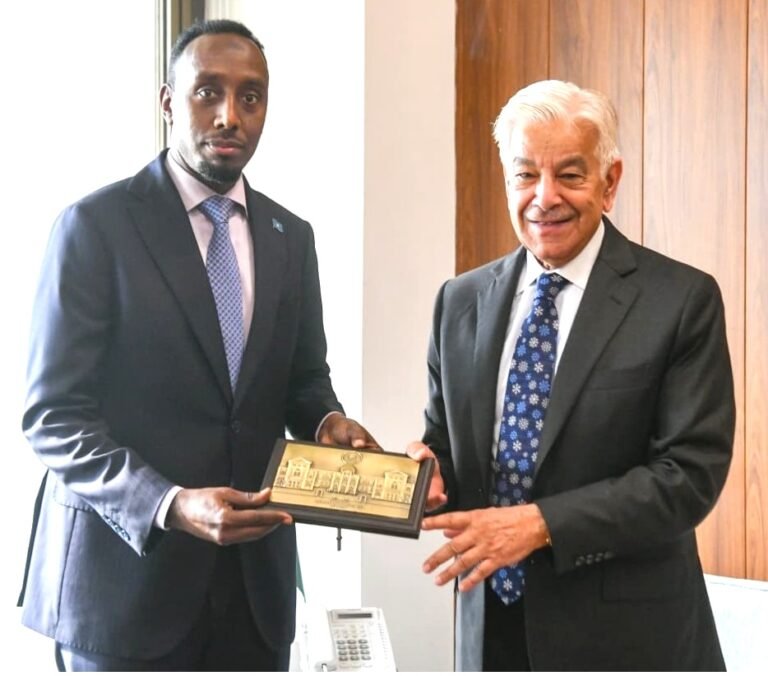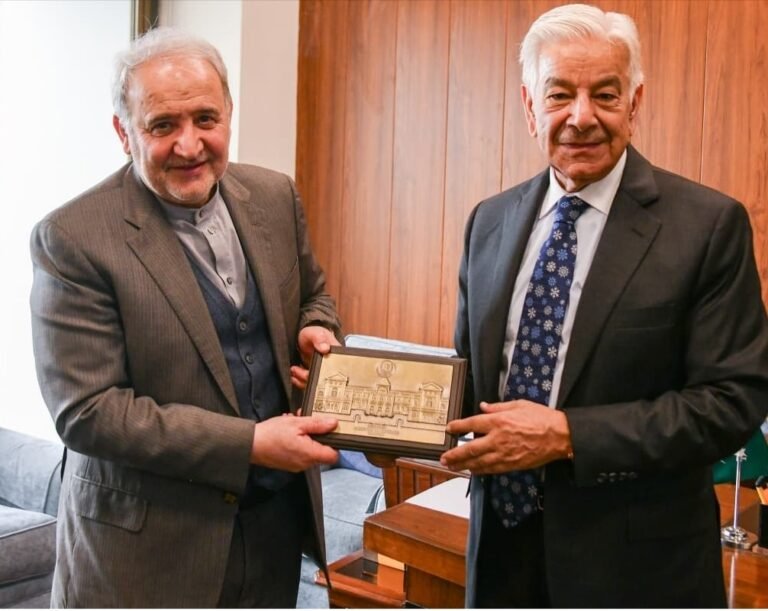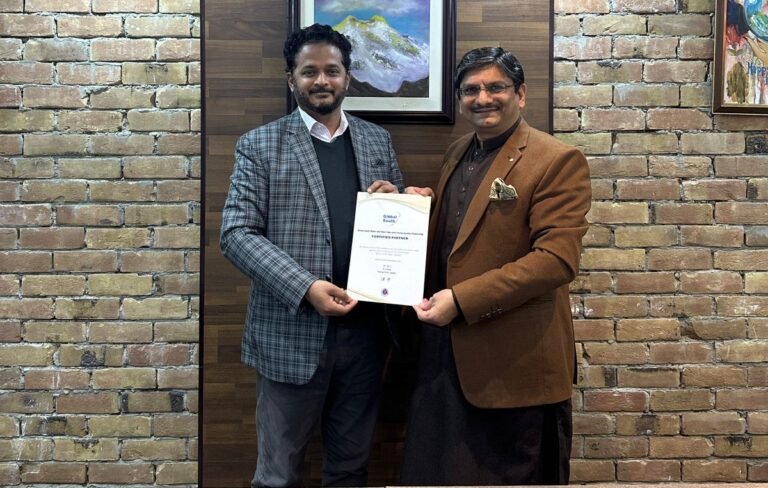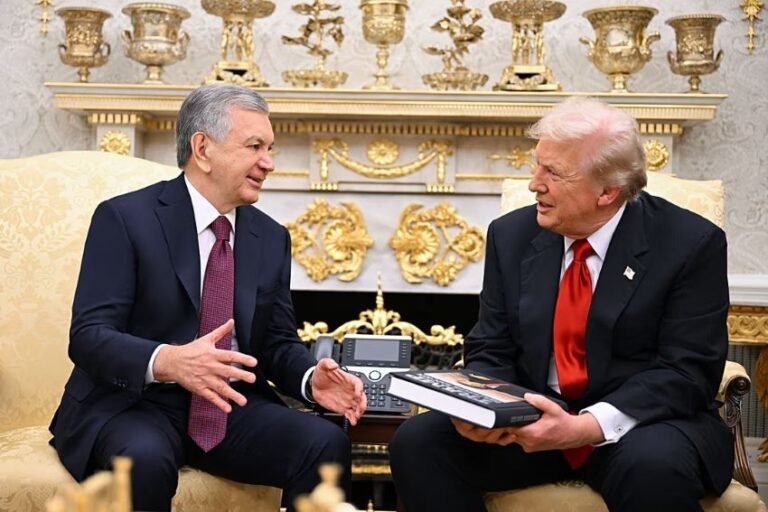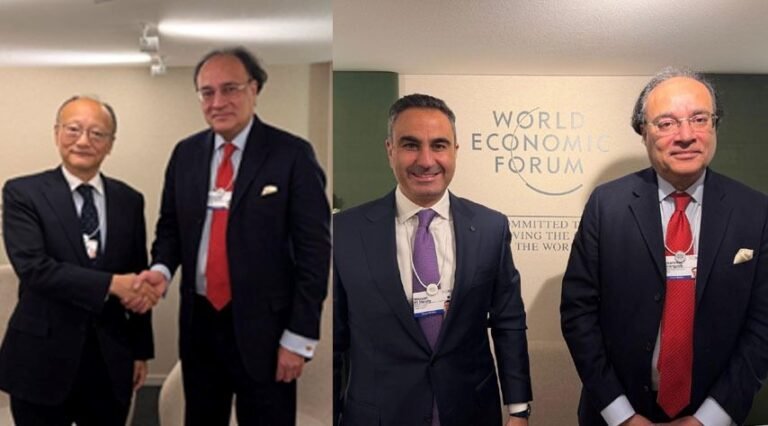Bangkok (TDI): A deadly exchange of gunfire near the Thailand-Cambodia border on Wednesday has shaken a fragile peace process, killing one civilian and halting attempts under a US-brokered truce.
A Thai soldier lost his foot to a landmine blast, which Bangkok says was caused by new devices planted by Phnom Penh. The incident prompted Thailand to suspend its commitment to the October ceasefire.
The latest clash took place near the Ban Nong Ya Kaew and Prey Chan villages in Sa Kaeo and Banteay Meanchey provinces, where Cambodia claims Thai troops opened fire.
Territorial conflict between Cambodia and Thailand dates back over a century, rooted in colonial-era maps and contested temple sites along the 817-kilometer boundary.
The two countries signed what many expected to be a definitive cease-fire in Kuala Lumpur late last month, under Donald Trump’s watch, but the agreement froze before it could be fully implemented.
Cambodia evacuated approximately 250 households from Prey Chan following the latest unrest. Residents reported Thai soldiers firing “for about 15 minutes” before leaving.
Read More: Thailand, Cambodia Agree to ASEAN’s Monitoring of Ceasefire
The breakdown of truce efforts signals more than just a local border skirmish. It threatens the credibility of ASEAN as a peace-broker and raises fears of wider instability in Southeast Asia.
Regional powers, including the US and Malaysia, both involved in the peace deal, have warned both countries to avoid further escalations.
For residents on both sides of the border, the situation is extremely personal. Landmine accidents and unmarked boundary zones make regular life a risk. “They just shot at us,” said one Cambodian villager. “We did nothing.”
Thailand has agreed to allow an ASEAN Observer Team to investigate the incident in contested regions, including Huai Thamariya in Si Sa Ket Province and Ban Nong Ya Kaew in Sa Kaeo. Meanwhile, Cambodia is calling for the treaty to be honored and those involved held accountable.
As both sides dig in, the important concerns are whether the agreement will be formally stopped or renegotiated. And how will regional actors intervene to keep the larger peace in motion?
Minahil Khurshid holds a master’s degree in Peace and Conflict Studies from CIPS, NUST. She has a strong interest in current affairs, geopolitics, and policy analysis.
- Minahil Khurshid



